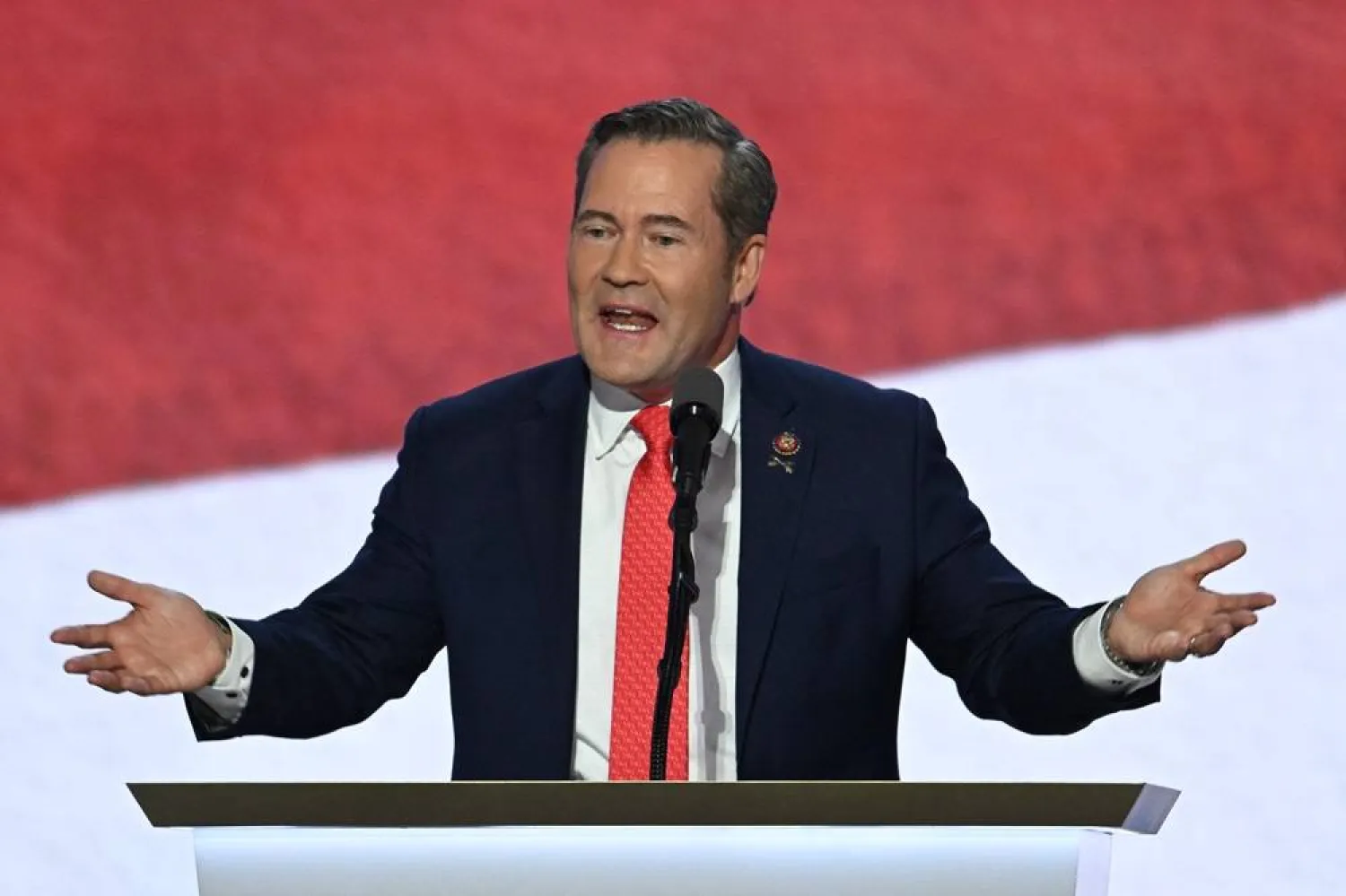Donald Trump's allies voiced vehement criticism Monday of President Joe Biden's decision to let Ukraine use US-supplied long-range missiles for attacks inside Russia, accusing him of a dangerous escalation.
With two months left in office, lame-duck US President Biden made a major policy change that yields to a long-standing request from Ukraine as it fights the Russian invasion, now in its third year.
The new policy and Biden's pledge to speed up military aid to Ukraine come as the United States prepares for Trump to take over as president in January, having questioned US assistance throughout the war.
Trump has repeatedly promised to end the war, but has not provided details of how he would do so.
With Russia gaining ground and increasing talk of negotiations, Ukraine is wary of being at a disadvantage when it comes to hashing out a peace settlement.
Moscow has pledged an "appropriate" response if the US-supplied missiles are in fact used against Russia, and Trump's team accused Biden of escalating the war for political reasons.
At a daily briefing, US State Department spokesman Matthew Miller accused Russia of escalation by accepting a deployment of North Korean soldiers to fight Ukrainian forces.
Miller noted that Biden, not Trump, was still the US president -- for now.
Biden's move, however, complicates things for Trump's incoming administration.
- 'A whole new war' -
"It's another step up the escalation ladder and nobody knows where this is going," Mike Waltz, Trump's choice to be national security adviser, told Fox News.
"No one anticipated that Joe Biden would ESCALATE the war in Ukraine during the transition period. This is as if he is launching a whole new war," Richard Grenell, who was acting Director of National Intelligence during Trump's first term, wrote on X.
"Everything has changed now -- all previous calculations are null and void. And all for politics," Grenell said.
For now, Grenell does not have a job in the incoming administration but his name had come up as a possible Secretary of State before Trump finally decided to go with Senator Marco Rubio.
Also weighing in was Donald Trump Jr., who wrote on X: "The Military Industrial Complex seems to want to make sure they get World War 3 going before my father has a chance to create peace and save lives."
Trump himself has not spoken publicly on Biden's change of heart regarding the long-range missiles.
"He is the only person who can bring both sides together in order to negotiate peace, and work towards ending the war and stopping the killing," said Trump spokesman Steven Cheung.
- Race against time -
Ahead of Trump's return to power, Biden appears to be attempting to ringfence support for Ukraine.
And as the war hits 1,000 days, Ukraine's Foreign Minister Andriy Sybiga will visit the US Congress on Tuesday seeking to drum up support.
Trump, who takes office on January 20, has said he could end the war "in 24 hours" and has questioned the more than $60 billion in military aid that the United States has given Ukraine since the war started.
"How do we get both sides to the table to end this war? What's the framework for a deal and who is sitting at that table?" said Waltz.
"Those are the things that I and President Trump, of course, will be working with."
Shortly after his election victory on November 5 over Kamala Harris, Trump spoke with Ukrainian President Volodymyr Zelensky, who called the conversation "constructive."









